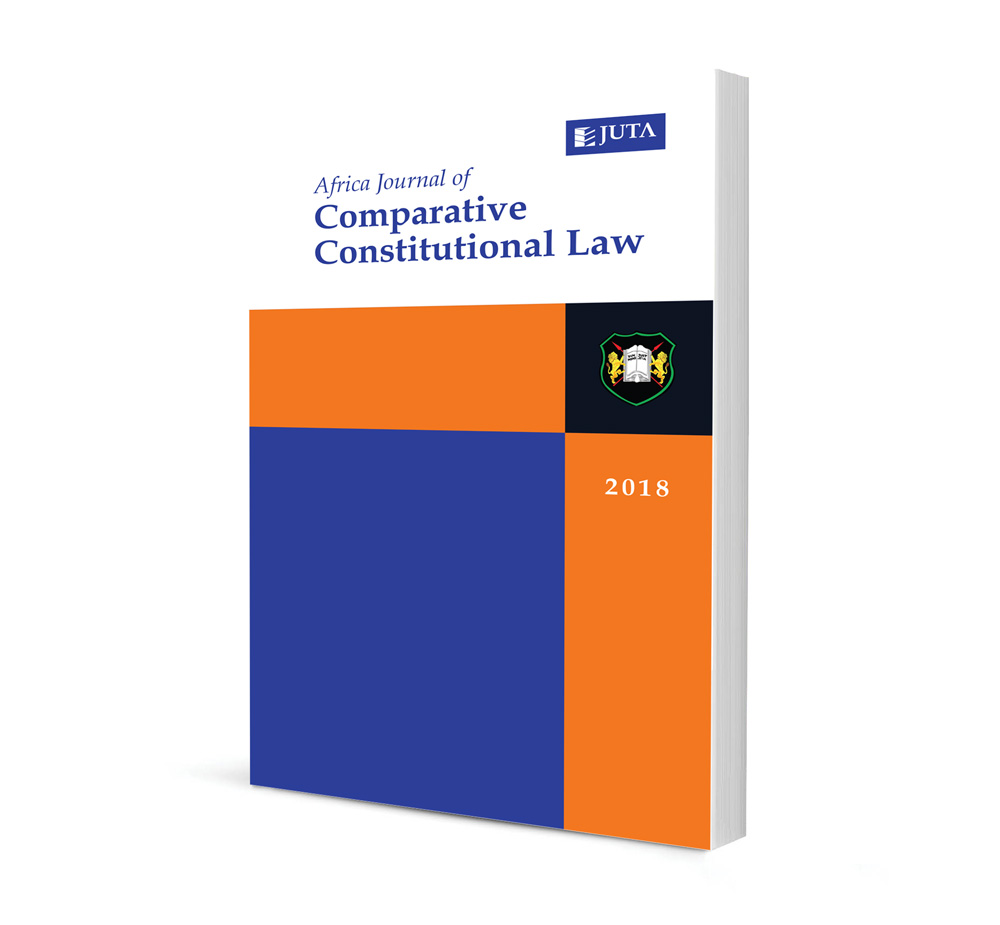
Proscription of Floor Crossing in Nigeria: The Limits of the Constitution and the Supreme Court
Authors Gabriel O Arishe
ISSN: 2521-5434
Affiliations: None
Source: Africa Journal of Comparative Constitutional Law, 2017, p. 126 – 154
Abstract
Constitutions in Africa are not only a means for constituting and constraining political power, but also a mechanism for enabling societal transformation. Precisely because of this, constitutions in Africa set a framework for transformative constitutionalism. Properly placed constitutionally to play this transformative role, but figure less both in constitutional practice and in scholarship, are principles referred to as Directive Principles of State Policies (DPSPs). Drawing lessons from both comparative constitutional law and a close investigation of constitutions in Africa, this article argues that putting DPSPs at the service of constitutionalism advances the experiment of transformative constitutionalism. In addition, it plays a potential important role in responding to some of the challenges of constitutionalism related to the multiparty political system, the judiciary and substantive justice. DPSPs advance transformative constitutionalism because their substantive content and procedures of implementation are animated by forward-looking transformative ethos. They have the potential to address these challenges as they, first, create minimum standards in the substantive formulation of political-party programmes and implementation strategies. Secondly, they empower and legitimise the judiciary in the functioning of constitutional democracy. Thirdly, they provide substantive justice to the majority through the implementation of socio-economic rights, both in the democratic and judicial processes.